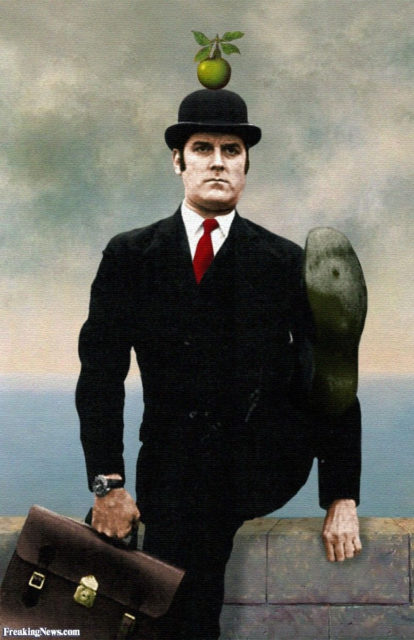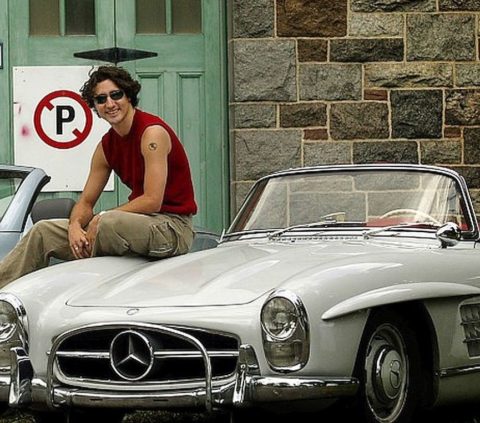First, “Some years ago I opined that London was not really an English city anymore.” Well, he’s right. London is geographically English, but other than its physical proximity to Surrey, it’s not English — it’s global. Its last census reports that 36.7% of its denizens are foreign-born. About 45% of the people who live there are White British (Welsh, Irish, English, Scottish). Which is to say, less than half of London is English [a lot less than half — the Welsh, Irish and “porridge wogs” don’t appreciate being called “English”, nearly as much as Canadians don’t like being called “Americans”]. The rest are a mélange of Europeans, non-Europeans, first and second generation immigrants, Klingons, Vulcans, Wookis, and folks from elsewhere in the Commonwealth and/or Narnia.
It’s a global city, like New York. It is richly diverse and cosmopolitan, which is a strength and draw to millions of people who live there. However I will argue that it’s difficult to be ethnically diverse and cosmopolitan while simultaneously being homogeneously English. Mutually exclusive, in fact.
Although to be fair, people aren’t mad at Cleese for observing that London isn’t English, they’re mad because he wishes it were. Cleese appears to prefer Englishness over multiculturalism. (Note the distinction between “culture” and “race.” Following the media storm, he tweeted, “… I prefer cultures that do not tolerate female genital mutilation. Will this will be considered racist by all those who hover, eagerly hoping that someone will offend them – on someone else’s behalf, naturally.” [Sic.])
My read on the situation is that Cleese is not racist, he’s old. What I mean by that is: life is always in flux, cities are by nature dynamic, society is fluid. People tend to want things to stay static, and they don’t, and that’s irksome for many, particularly as they grow elderly and nostalgic. I question when London was last really “English,” given that it was the imperial capital of half the globe well before he was born, and no doubt had several pockets of Indians and Jamaicans and Vulcans living there by the time he showed up.
All the same, is John Cleese allowed to prefer English over polyglot? Because I think that’s the root heresy at work here: saying that English culture might be superior to some others, and preferring it to them.
New York City is far, far more diverse and multicultural than, say, Portland, Oregon. Portland is so overwhelmingly white that it’s basically a giant bleach commercial with some craft breweries and street buskers thrown in. Ethnicity aside, can Portlanders prefer their cultural homogeneity over the vastly more polyglot city of Houston? So long as people agree that immigration is positive and we should be neighborly and welcoming to newcomers, I’m disinclined to hound people for their personal preferences.
I don’t know whether or not John Cleese meets that threshold. We know that he favored Brexit. I suspect, based on scattershot Cleese musings, that wants a Britain which is open and welcoming to foreigners, but that he would also like them to become polite, uptight, tea-drinking gardeners once they’ve moved there.
I could be wrong. I don’t know the depths of John Cleese’s heart, and whether or not his pro-Brexit stance comes from hatred of distant bureacurats (good) or dislike of foreigners and immigrants (bad). I suspect most of the people shouting at him on Twitter have no idea either.
Which is my main and final point. Maybe a single isolated tweet isn’t sufficient information to psychically intuit whether someone is a bigot or not? We’re all on the same page here: bigotry is bad. Don’t be a racist. Don’t be a homophobe. But if we’re going to champion the idea that the worst non-criminal thing you can be in our culture is a bigot, then we should also be at least a tad reserved about passing out scarlet letters just because there’s a slow news day and we spot a fun Twitter pile-on to get worked up about.














